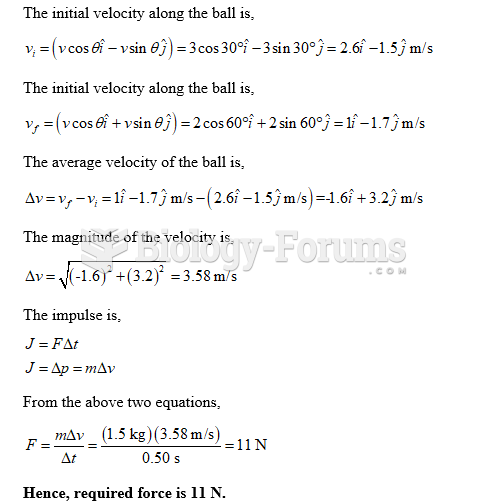|
|
|
Individuals are never “cured” of addictions. Instead, they learn how to manage their disease to lead healthy, balanced lives.
Lower drug doses for elderly patients should be used first, with titrations of the dose as tolerated to prevent unwanted drug-related pharmacodynamic effects.
Walt Disney helped combat malaria by making an animated film in 1943 called The Winged Scourge. This short film starred the seven dwarfs and taught children that mosquitos transmit malaria, which is a very bad disease. It advocated the killing of mosquitos to stop the disease.
Though “Krazy Glue” or “Super Glue” has the ability to seal small wounds, it is not recommended for this purpose since it contains many substances that should not enter the body through the skin, and may be harmful.
Medications that are definitely not safe to take when breastfeeding include radioactive drugs, antimetabolites, some cancer (chemotherapy) agents, bromocriptine, ergotamine, methotrexate, and cyclosporine.
 Abduction and Adduction Abduction–Moving a body part away from the middle. Adduction–Moving a body p
Abduction and Adduction Abduction–Moving a body part away from the middle. Adduction–Moving a body p
 In this 1900 cartoon, oil baron John D. Rockefeller holds the White House in the palm of his hand wh
In this 1900 cartoon, oil baron John D. Rockefeller holds the White House in the palm of his hand wh





